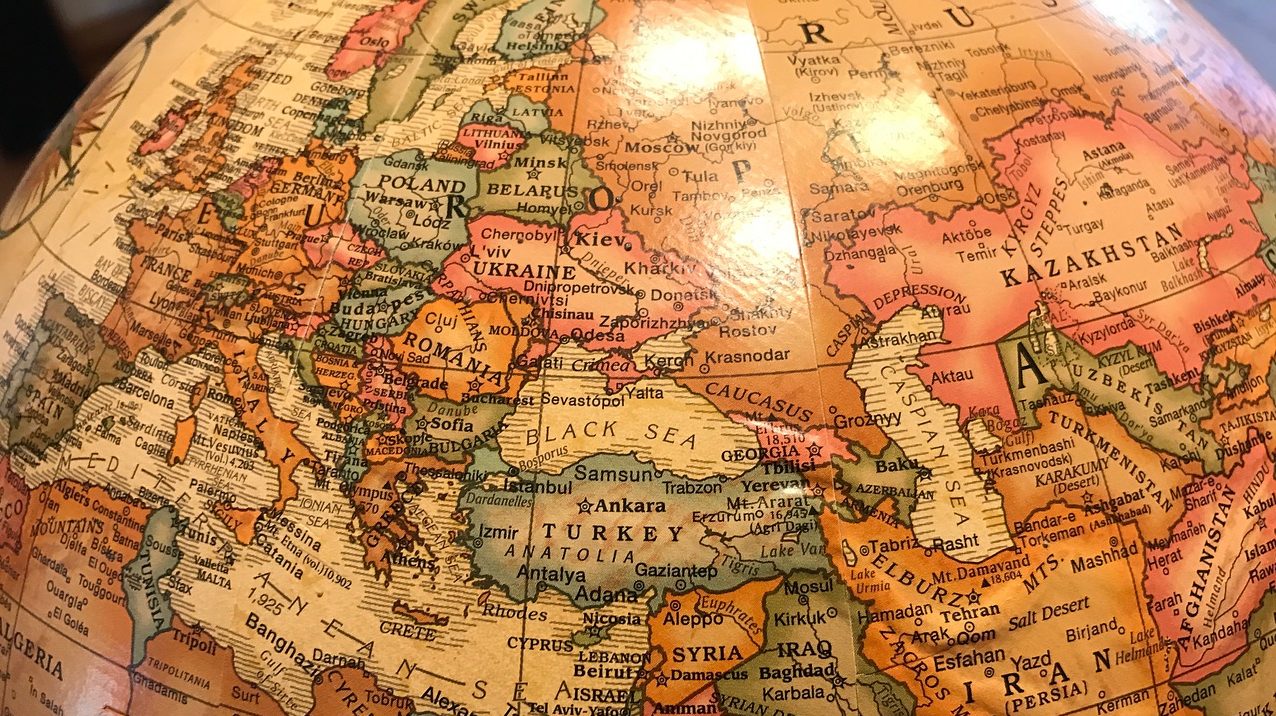Russia and Europe – Before and After Ukraine
Al-Ittihad, UAE, March 9
The only way to make sense of Russia’s actions against Ukraine is through the concept of “Lebensraum,” which was Imperial Germany’s strategy of geographic and territorial expansion, at the expense of its neighbors, during the World War I. In essence, this means surrounding the Russian Federation with a pro-Russian sphere of influence – a policy that was true in Tsarist Russia and the Soviet Union, as well as in Siberia and the Baltic republics. The other concept that might apply here is that of “strategic depth,” which describes the geographical distance between a country’s battlefront and its key centers of population. This idea isn’t new either. Israel seized the Syrian Golan Heights under the pretext of securing its strategic depth. Although former German Chancellor Angela Merkel was the main advocate of the European Union’s partnership with Russia, one of her advisers told me in 2015 that the chancellor was very concerned about the events of 2014-2015, when Moscow not only took Crimea, but created two separatist republics in eastern Ukraine. The fact that the United States has long given up on the idea of expanding NATO didn’t deter Russian forces from invading Ukraine with tens of thousands of soldiers and heavy military equipment. Now, European states are feeling threatened, as they watch the Russian Army completely undermine the sovereignty of a European nation. Britain and France have been particularly concerned about this precedent, although the danger is far greater to the Baltic states – Estonia, Latvia and Lithuania – and perhaps to Poland and Moldova. European countries are already rethinking their strategy and reevaluating their priorities. Germany, which stopped the Russian gas pipeline Nord Stream 2 from being developed, intends to strengthen its army with a hundred billion euros of various investments. Sweden, Finland and other countries are seeking to join NATO or, at a minimum, the European Union. In any case, there is no longer anyone in Europe, even Hungary, who desires rapprochement or partnership with Russia! –Radwan Al-Sayed (translated by Asaf Zilberfarb)


